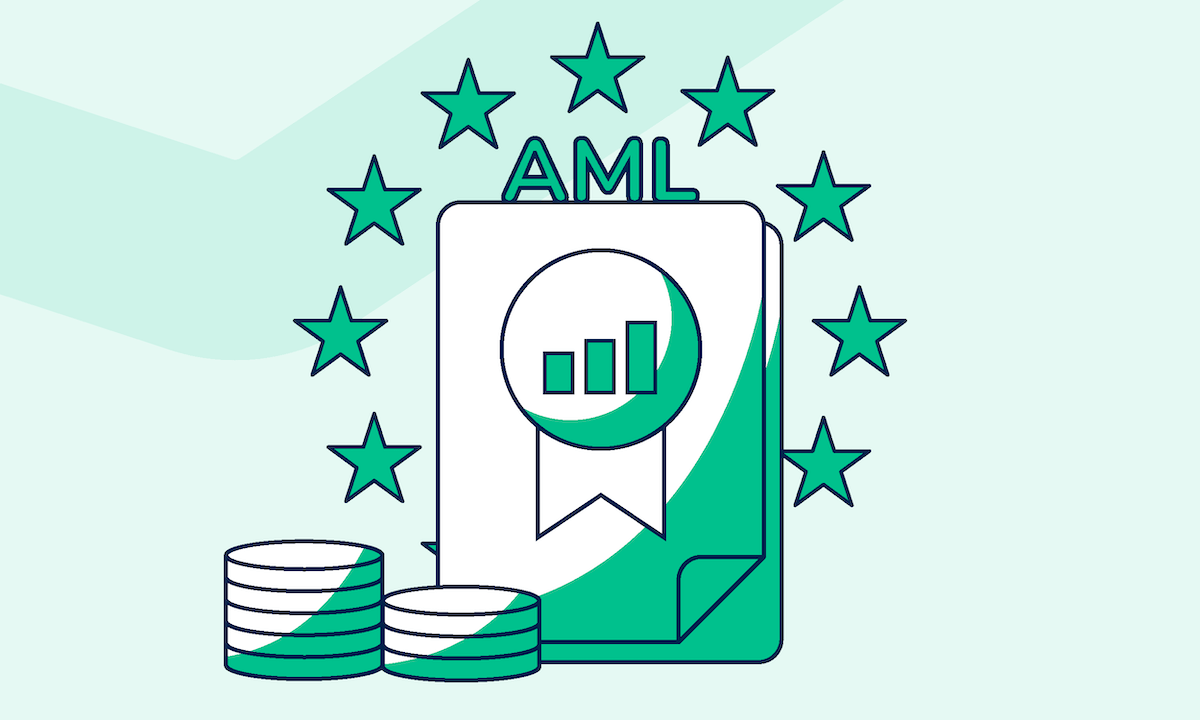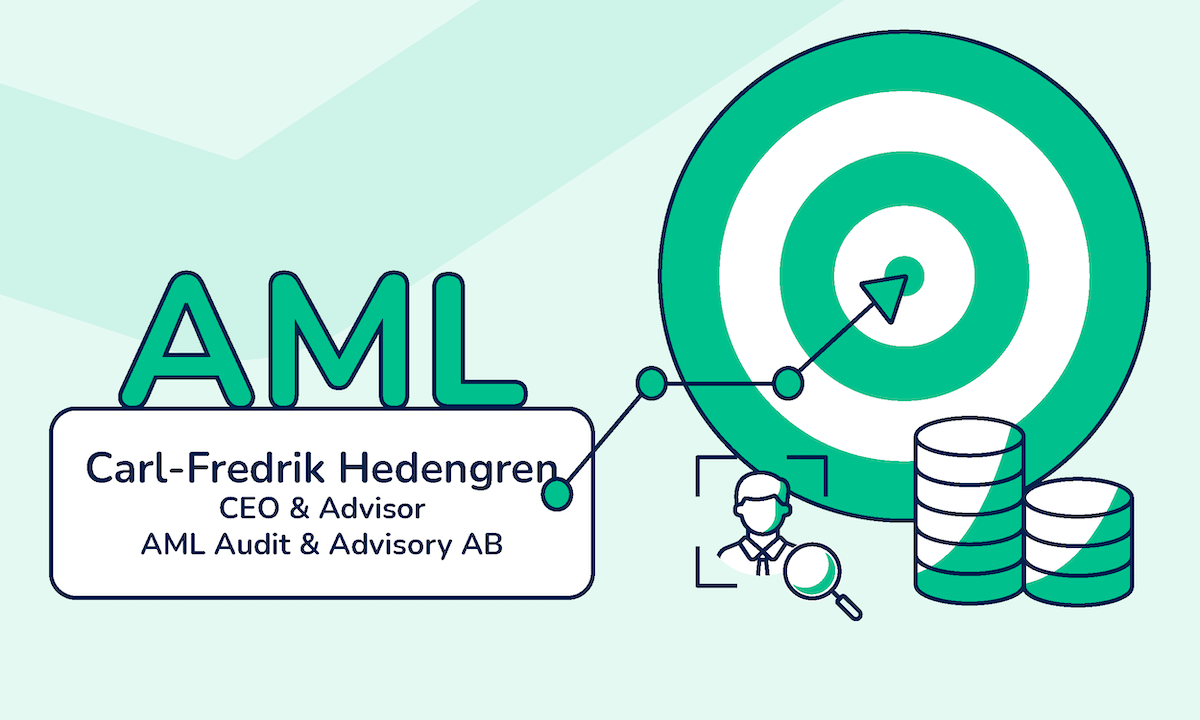Corporate fraud is a serious threat to businesses across the globe. Besides costing companies dearly in terms of fines, corporate fraud leads to reputational damage, lost business, and severe penalties.
What is corporate fraud?
Corporate fraud is a white-collar crime that occurs when an organization or its employees deceive individuals or other organizations in order to obtain a benefit or cause damage to another party.
What are the different types of business fraud?
Business fraud takes many shapes and forms — from forgery and market manipulation to asset misappropriation and Ponzi schemes. It can be committed by either external or internal stakeholders and is often characterized by high complexity and impact.
Here are 5 types of business fraud that companies should look out for.
1. Document falsification
Document falsification is the act of altering the contents of a document in order to deceive a person or organization. Some commonly falsified documents include:
- Invoices
- Financial records
- Tax statements
- Legal contracts
- Bank records
Example: In 2020, three former executives of Wirecard were accused of defrauding creditors out of €3.2 billion by falsifying financial statements to make the business appear more profitable. Following the scandal, the once successful fintech company had no choice but to file for insolvency.
2. Signature forgery
Signature forgery is the act of replicating someone else’s signature for the fraudster’s own benefit. It is illegal and can have severe consequences for the company or person that forged the signature.
Example: In 2020, a $3 billion fine was imposed on financial services company Wells Fargo as punishment for fraudulent sales practices. Between 2002 and 2016, unrealistic sales goals led Wells Fargo employees to open millions of fraudulent accounts by forging clients’ signatures.
3. Asset misappropriation
Asset misappropriation occurs when the employees entrusted to manage a company’s assets misuse them for personal gain.
Example: In 2022, Carlos Camacho was charged with embezzling over $2 million from A&A Investments, a company that owns commercial real estate. The fraudster was a manager at the company and used his position to take out loans on and divert rental income from commercial properties owned by A&A Investments.
4. Market manipulation
Market manipulation is a form of securities fraud where a company or individual attempts to artificially inflate or deflate the price of a security. Ways to manipulate the market include spoofing and spreading false information about a company.
Example: In 2019, three former JPMorgan traders were found guilty of spoofing, a technique to raise or decrease the price of precious metals by placing and then quickly cancelling orders. In September 2020, JPMorgan agreed to pay $920 million to settle charges that it engaged in market manipulation.
5. Corporate identity fraud
Corporate identity fraud is the illegal impersonation of a business for personal gain. Fraudsters often use business identity information to create fake social media accounts and ‘copycat’ websites, send fake invoices, file fraudulent tax returns, and phish employees.
What is the cost of corporate fraud?
Corporate fraud is one of the biggest threats to businesses in all industries. Besides the costs of fines and penalties, companies must also spend money on repairing their dented reputation and re-establishing trust.
When exposed to fraudulent schemes or corruption, the business reputation suffers. To restore their brand’s good name, companies often need to invest heavily in crisis management, PR, and branding activities.
Plus, a damaged business reputation undermines trust. This leads to customers and investors withdrawing from current business interactions and new business opportunities vanishing from the horizon. The overall impact on the business can be brutal, and the cost of involvement in fraudulent schemes is very high.
How can Penneo help you reduce the risk of corporate fraud?
Penneo Sign is a digital signing tool that protects companies against signature forgery and alteration of signed documents.
The platform enables signers to create digital signatures with their national eIDs. The only person who can authenticate themselves and sign with an eID is the rightful owner of that eID. Therefore, digital signatures are virtually impossible to forge.
Plus, Penneo Sign can protect your signed documents against any subsequent modifications. The software will detect any changes made after signing, notify you about them, and invalidate the document.





